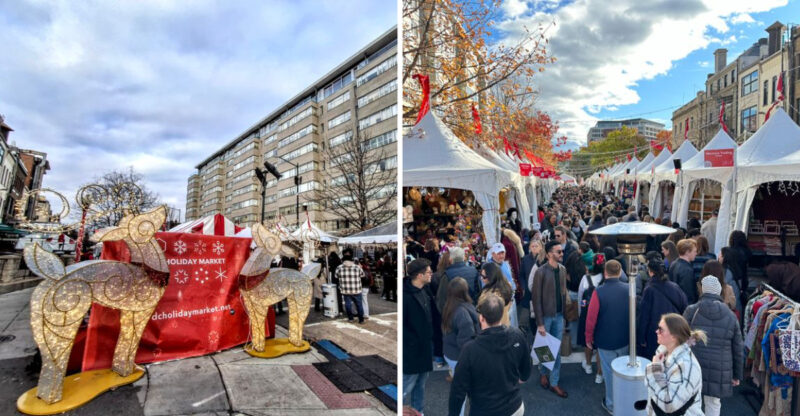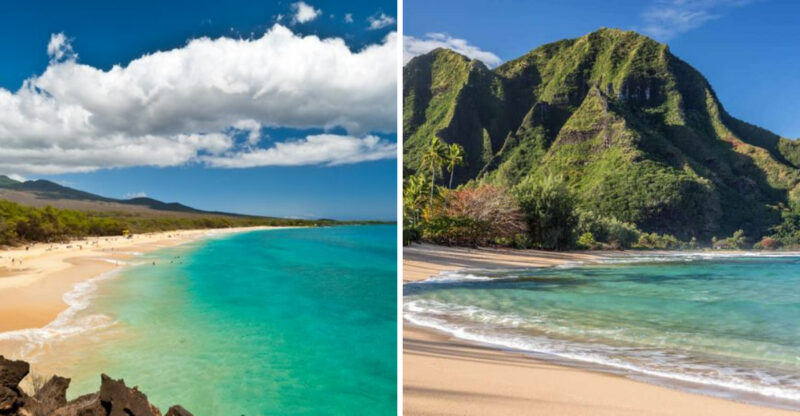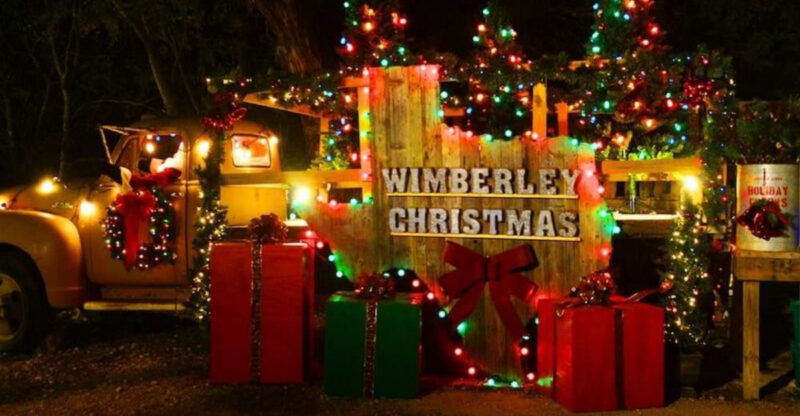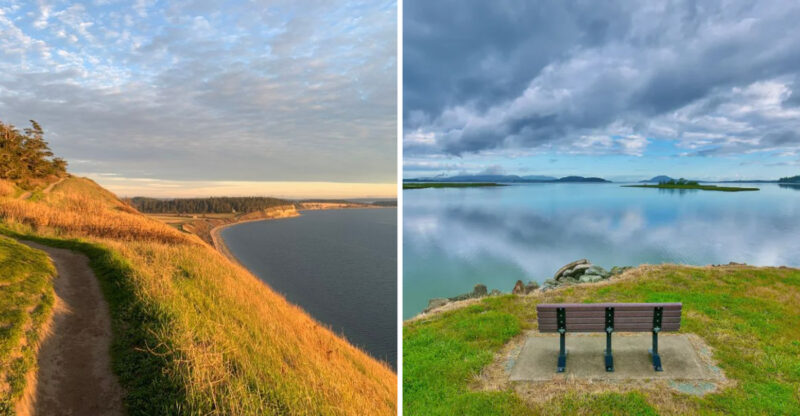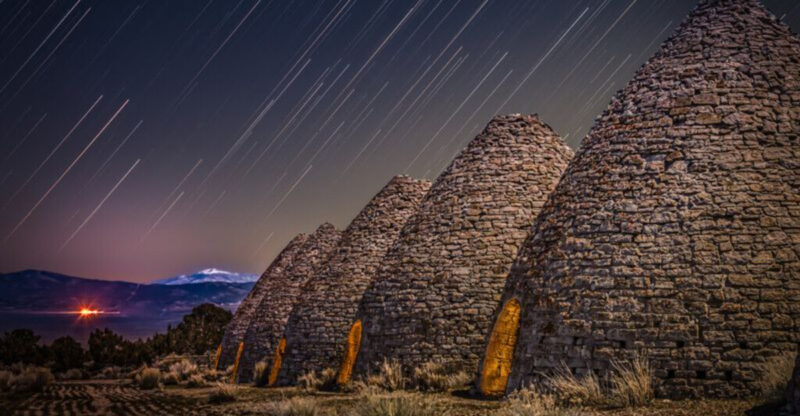When Paradise Changes: South Carolina Islands Losing Their Local Feel
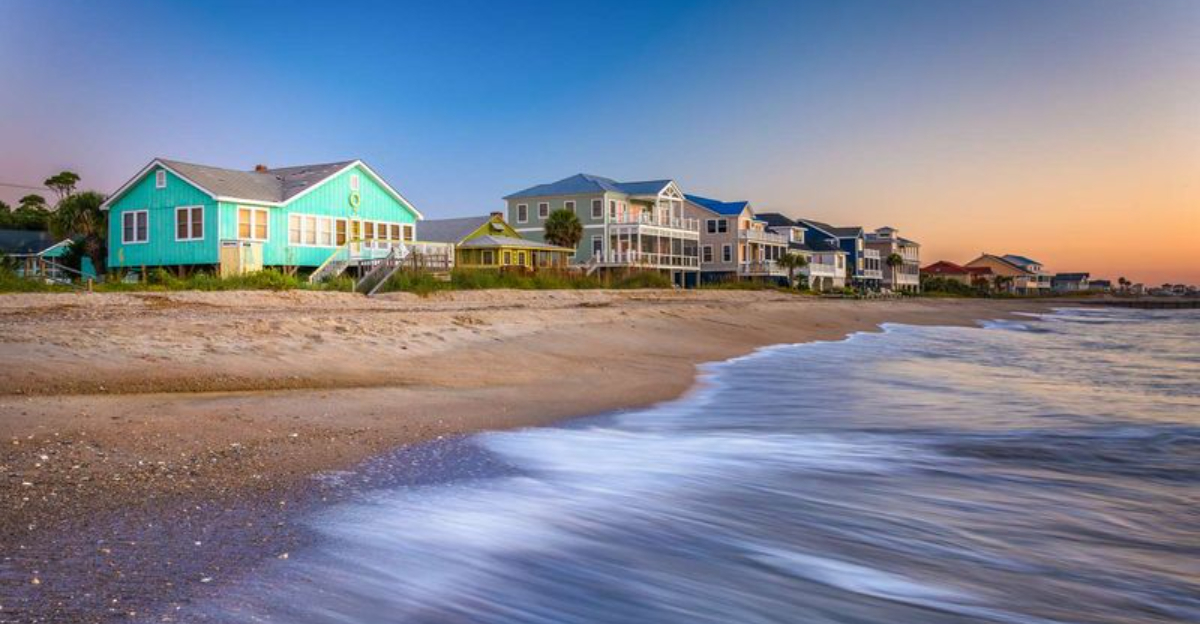
Picture waking up to ocean breezes and knowing every neighbor by name. That’s how life used to be on South Carolina’s beautiful islands.
But lately, big changes are sweeping through these coastal jewels, and locals are watching their hometown vibes fade away as fancy resorts and expensive homes pop up everywhere.
Daufuskie Island
Imagine living on an island where your family has stayed for generations. Daufuskie Island sits between Hilton Head and Savannah, and it’s facing some tough times right now.
Golf courses and fancy resorts have moved in, making property prices skyrocket. Long-time residents, especially the Gullah Geechee families who’ve called this place home forever, can barely afford their tax bills anymore.
Many folks have had to pack up and leave their ancestral land. It’s heartbreaking to see cultural traditions disappear as newcomers reshape what once felt like a tight-knit village into something totally different.
St. Helena Island
Did you know that sometimes rules meant to protect can actually hurt? St. Helena Island learned this the hard way when officials created special zoning to stop overdevelopment.
The Gullah Geechee people have deep roots here, going back hundreds of years. But now these protective regulations make it super hard for families to build on or sell their own land when they need money.
It’s a tricky situation where good intentions backfired. Families are losing properties they’ve owned forever because they can’t afford to keep them or develop them to pay bills.
Hilton Head Island
Remember when vacation spots were quiet and peaceful? Hilton Head Island used to be exactly that kind of place where families escaped the hustle and bustle.
Nowadays, it’s packed with tourists year-round, massive resorts, and shopping centers everywhere you look. Property taxes have climbed so high that original residents struggle to stay in homes their parents built decades ago.
The island transformed from a sleepy retreat into a buzzing tourist destination. Sure, visitors love it, but locals miss the days when they recognized faces at the grocery store instead of crowds of strangers.
Kiawah Island
Luxury has a price, and Kiawah Island residents know this better than anyone. Massive mansions and championship golf courses have taken over what used to be a simple beach community.
Property values jumped through the roof, which sounds great until you realize your tax bill tripled, too. Long-time island families find themselves priced out of neighborhoods where they grew up playing as kids.
The charm of knowing your neighbors has vanished beneath waves of wealthy newcomers. It’s tough watching your childhood paradise transform into an exclusive club you can’t afford to join anymore.
Seabrook Island
How does a quiet island become unrecognizable? Seabrook Island shows us exactly how development changes everything about a place you once loved.
Fancy vacation homes and exclusive resorts sprouted up like wildflowers after a rainstorm. Original families who fished and farmed here for years suddenly faced property taxes they never imagined paying.
Community gatherings that once brought everyone together now feel awkward with so many unfamiliar faces. The island’s personality shifted from laid-back and friendly to polished and distant, leaving old-timers feeling like strangers in their own hometown.
Folly Beach
They call it the Edge of America, but Folly Beach is losing its funky, bohemian edge fast. Vacation rentals have multiplied like rabbits, and chain stores replaced quirky local shops.
Property taxes climbed as investors bought up beach cottages to rent out to tourists. Year-round residents who loved the island’s artistic, free-spirited vibe are moving inland because they can’t compete with rental income prices.
The tight community where artists and surfers hung out together is fading. Now it feels more like a revolving door of tourists than a real neighborhood where people actually live and care.
Isle Of Palms
When your backyard beach becomes everyone’s vacation hotspot, things change fast. Isle of Palms went from a peaceful family retreat to a crowded tourist magnet in just a few decades.
Luxury homes tower over modest cottages that longtime families built with their own hands. Tax assessments based on these fancy new properties make it impossible for regular folks to afford staying.
Summer traffic jams replaced quiet bike rides to the shore. The sense of belonging that made this island special has been traded for tourist dollars, leaving original residents feeling pushed out by progress.
Edisto Island
If you want to understand slow change, visit Edisto Island where development creeps in gradually but steadily. Vacation rentals and commercial businesses are slowly replacing family farms and quiet neighborhoods.
Property values keep rising as outsiders discover this hidden gem, making taxes harder for locals to manage. Families who’ve shrimped and farmed here for generations are selling out because they can’t keep up financially.
The island’s relaxed, southern charm is slipping away bit by bit. Each new rental property means one less permanent neighbor, and the community bonds that held this place together are weakening.
Sullivan’s Island
History runs deep on Sullivan’s Island, but modern luxury is rewriting its story. Massive beach houses now dwarf the charming cottages that gave this island its character for over a century.
Property taxes based on million-dollar homes force out families who’ve lived here since their great-grandparents’ time. The island’s quirky, historic personality is being replaced by cookie-cutter wealth and exclusivity.
Local kids who grew up playing on these beaches can’t afford to raise their own families here anymore. It’s painful watching your heritage become too expensive to preserve, one property sale at a time.

